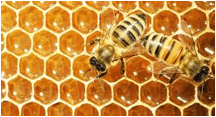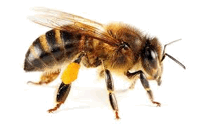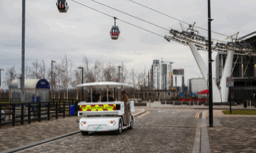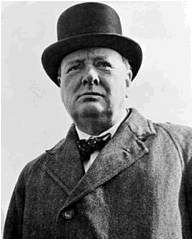Lost Times
It was at this time of year
We went up on the forest
And sunk
Bright boots through sheets of frosted leaves
Into the boggy
Earth which ran beside the stream,
Catching our breath on blades
Of icy air.
Barrels of warmth we rolled on matted bracken;
Flesh spindles, senseless, clumsy through layer upon layer
Of woollen insulation.
Then as our heat was lost we jumped about
More furiously than before
And often reached the car cold, choked on angry tears.
Streaming eyes and noses, steamy windows,
We drove home wedged into the back seat,
Then round the fire we
gradually
unwound,
Shedding scarves and gloves and surplus socks, drip-
ping into mugs of chocolate,
Clutching cake in clammy fists,
Chattering....
The world
Was small
"Time" was something adults worried about.
(For us there was too much)
Now the forest echoes
Other voices.
I'd go back there again tonight,
But know I'll stay instead, to write.





